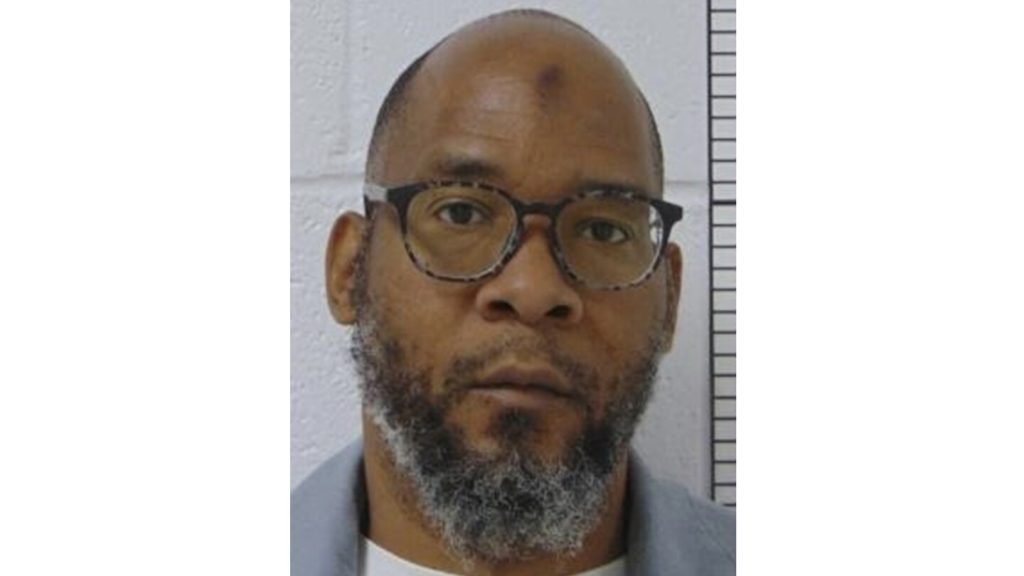St. Louis (AP) – Marcellus Williams, currently on death row in Missouri for the 1998 stabbing death of Lisha Gayle in University City, recently had an evidentiary hearing challenging his guilt due to DNA evidence that was found to be contaminated over two decades ago by officials in the St. Louis County Prosecuting Attorney’s Office. The mishandling of the murder weapon deprived Williams of the opportunity to prove his innocence, according to his attorney Jonathan Potts.
Despite the DNA evidence showing that Williams’ DNA was not on the murder weapon, subsequent tests revealed that the knife had been mishandled to the extent that it was impossible to identify the killer. Williams’ lawyers and the prosecutor’s office reached a compromise where he would enter a new no-contest plea to first-degree murder in exchange for a new sentence of life in prison without parole. However, the Missouri Attorney General’s Office, led by Assistant Attorney General Michael Spillane, opposed this deal, stating that other evidence points to Williams’ guilt.
The execution of Marcellus Williams is scheduled for September 24, but a recent agreement between Williams, his lawyers, and the prosecutor’s office to change his sentence was blocked by the Missouri Supreme Court at the urging of Republican Attorney General Andrew Bailey. Despite testing that found DNA from an investigator for the prosecutor’s office on the knife, as well as mishandling of evidence by the original prosecutor who handled the case, Keith Larner, the evidence remains in question.
Williams has been on the brink of execution before, with potentially exonerating DNA evidence surfacing just hours before his scheduled lethal injection in 2017. Since then, St. Louis County Prosecuting Attorney Wesley Bell has filed a request to vacate Williams’ conviction, but the case remains in legal limbo. Williams’ trial attorney, Joseph Green, indicated that he was not able to provide Williams with the best defense due to his representation of another client at the time of the trial, who went on to commit a high-profile crime in 1992.
The prosecution’s case against Williams hinges on evidence from a former cellmate who claimed Williams confessed to the killing. However, Williams’ attorneys have raised concerns about the credibility of witnesses, including the cellmate and Williams’ girlfriend, who indicated that Williams sold the stolen laptop days after Gayle’s murder. The racial makeup of the jury, with just one Black juror, has also been a point of contention, given Williams’ race.
While Williams awaits a ruling from Judge Hilton on his case, his legal team continues to fight for his innocence and freedom. With mounting evidence of mishandled DNA testing and potential misconduct by officials involved in the case, the hope remains that justice will prevail for Marcellus Williams.


